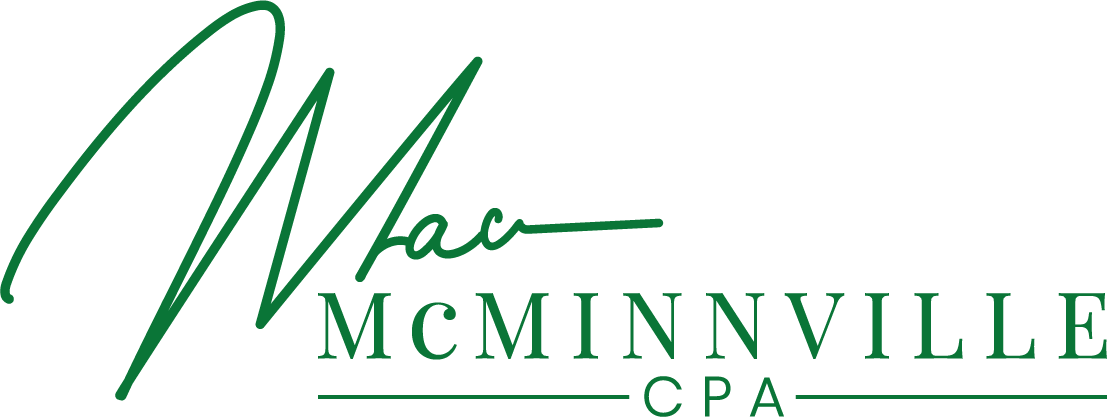The United States is on the verge of passing the largest tax overhaul since the tax code revamping in 1986. It will drastically change the landscape for some moving forward starting in the 2018 tax year. In preparation of the changes there are strategies to make the most out of certain deductions and planning technics before the Tax Cuts & Jobs Act takes effect.
Itemized Deduction for Taxes
The itemized deduction for state taxes paid and property taxes paid has been a hot topic since the start of the tax reform discussion. The original house bill called for a cap of $10,000 in total deduction for married filing jointly taxpayers of combined property taxes and state taxes paid. For other taxpayers such as married filing separate and single, the deduction would be capped at $5,000. The original senate bill wanted to eliminate the deduction completely, but eventually it conformed to the house bill.
The cap of $10,000 is more important in some states than others and to some taxpayers more than others. High income tax states such as California, Oregon, New York, and Minnesota will feel the greatest burden with the cap. For example, in Oregon, if a married filing jointly taxpayer pays $4,000 in property taxes every year and their Oregon taxable income is over $70,000, then they would have exceeded the $10,000 deduction threshold losing the benefit on some of the taxes paid.
The largest impact we will see is not on the taxpayers who receive only W-2 wages, though. The largest impact will be on pass-through owners such as partners in a partnership or shareholders of an S-Corp. A pass-through entity passes all of the income and losses the entity has on to the owners. In turn, the owners report the income and losses on their tax returns. Traditionally, the owners would pay federal tax and state tax on the income, receiving a full deduction for the state taxes paid on their federal return. Starting in 2018 the state tax deduction will be severely capped.
While there is still time in 2017, tax planning surrounding state income taxes and property taxes could not be more important. Instead of waiting until January or April to pay your 2017 state income taxes, they can be paid prior to January 1, 2018. By doing this, you will receive the deduction on your 2017 taxes. If it were paid in 2018, it would be subject to the $10,000 or $5,000 cap. This applies to property taxes, too. Specifically in Oregon, property tax invoices for July to June are mailed in November. Taxpayers have the option to pay the property tax in full from November moving forward. If a taxpayer had not paid their property taxes in full, it would be prudent to pay the remaining balance prior to January 1, 2018 to avoid the cap.
Charitable Deductions
Although there are no negative changes specific to the current charitable deduction rules, due to the changes to the tax deductions and standard deduction, some of the benefit may be lost in future years’ donations. If you are currently planning to make large contributions to an organization early on into 2018, consider moving that donation to December 2017. For example, for a married filing jointly taxpayer, assume they have an $8,000 home mortgage, pay $4,000 in property taxes, and $6,000 in state income taxes. Under current law, the married filing jointly standard deduction is $12,700. Starting in 2018, the proposed deduction is $24,000. Under the current law in our example, the taxpayers have already exceeded the standard deduction, potentially receiving full benefit for their itemized deductions and every charitable dollar paid. Under the new law, to get above the standard deduction, the taxpayer would need to donate at least $6,001 to begin to have tax benefit related to the charitable deduction.
While there is still time in 2017 with the current law in effect, it is important to consider making your donations this year rather than next.
As 2017 comes to a close and Washington pushes closer and closer to passing tax reform, it is important to schedule time to meet with a CPA and discuss 2017 and future years. Call today to schedule a meeting with Fitzpatrick, Johnson & Associates CPAs, (503) 472-0576 and see how we can help you.
Fitzpatrick, Johnson & Associates CPAs, is a full service accounting firm providing tax, financial statement, and bookkeeping services based in McMinnville, OR, southwest of Portland, OR.

